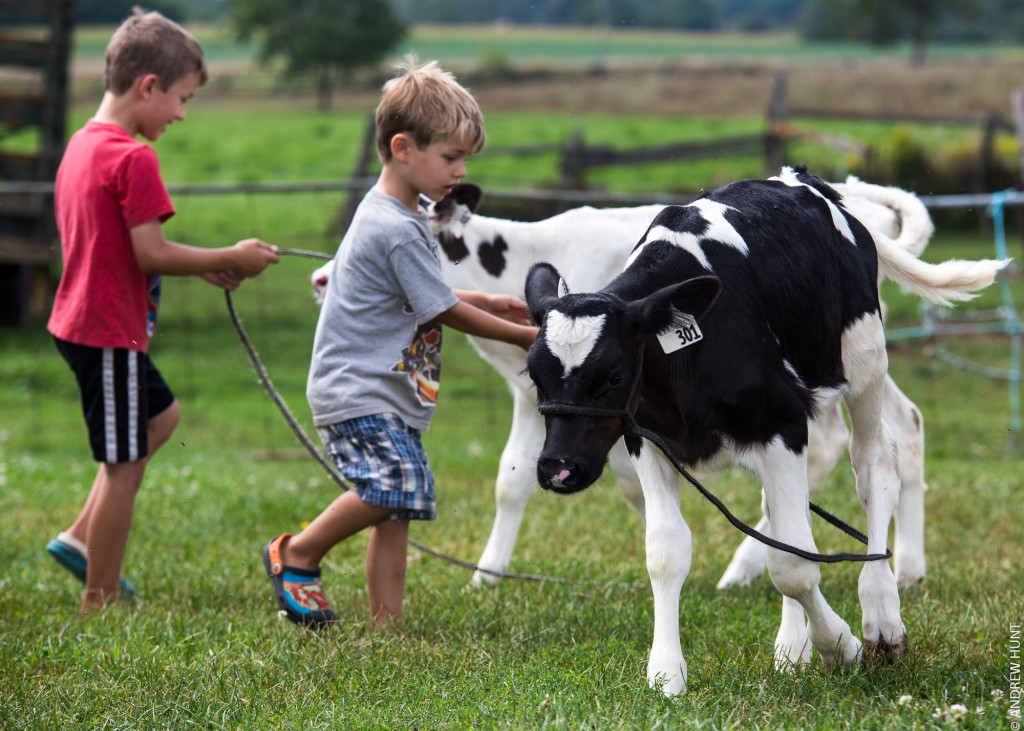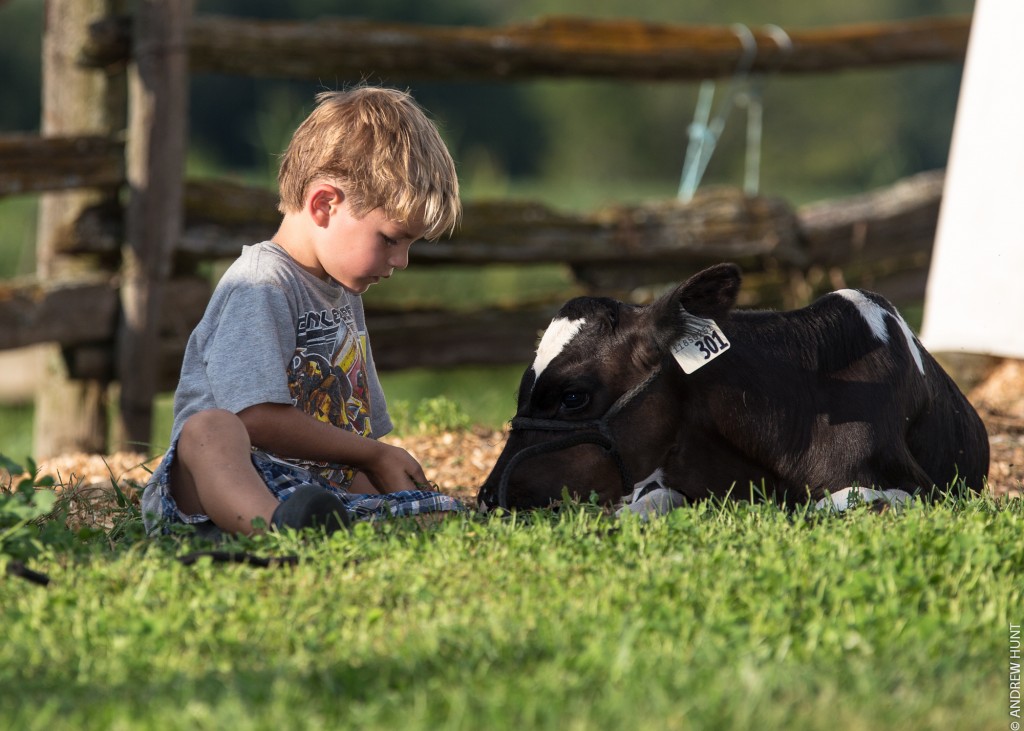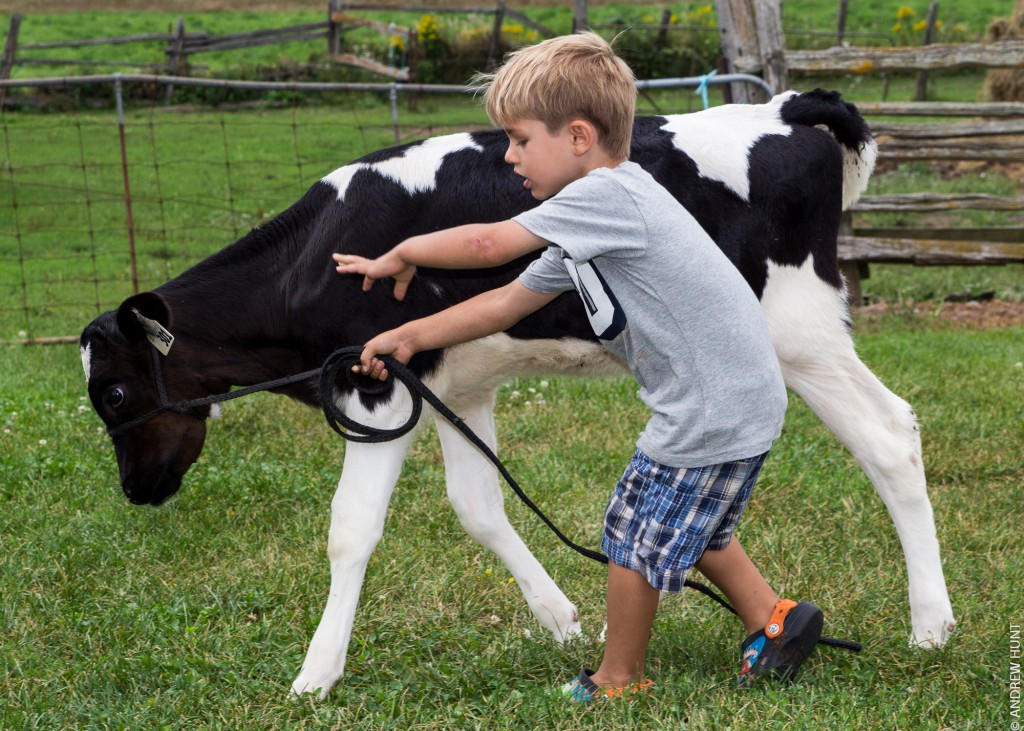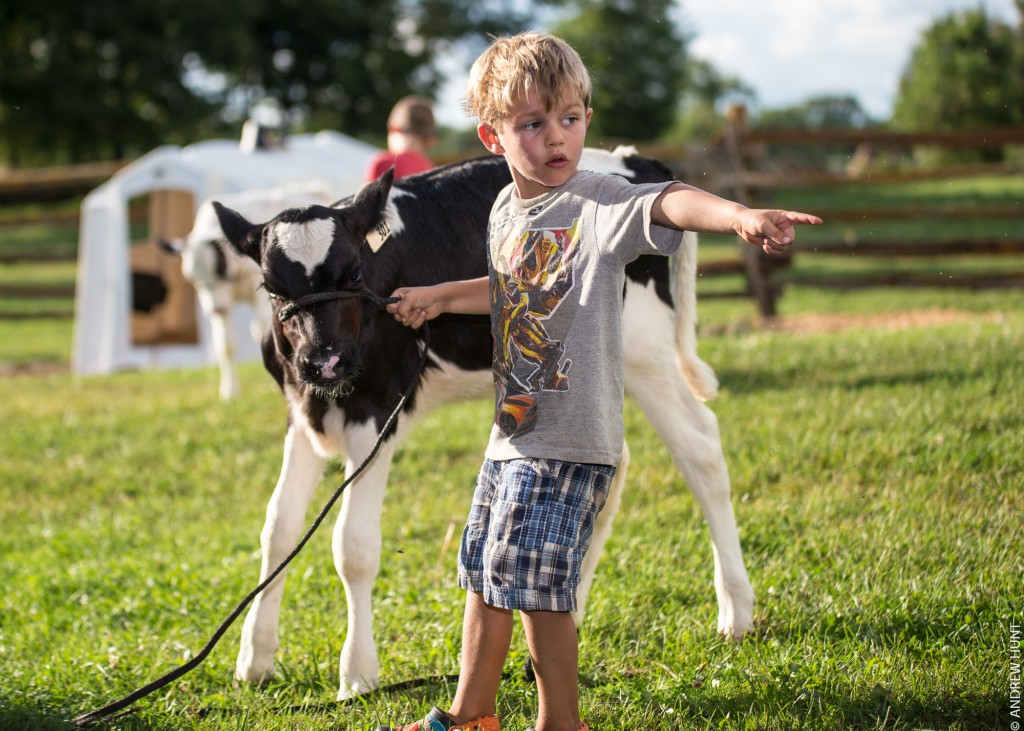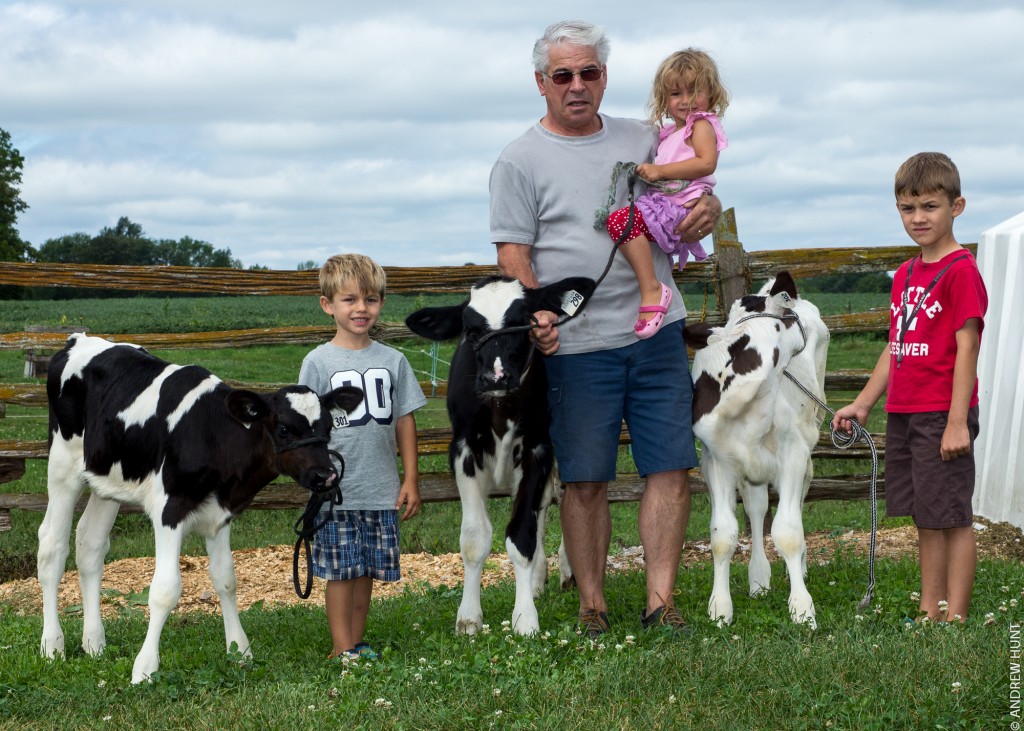Do you freak out when you hear the words farm succession? Do your palms sweat and does your heart pound when you look toward the future? Do you self-medicate with Tums and an entire quart of Chocolate Ice Cream? Family farm succession has the potential to be not just a nightmare but a nightmare that can result in serious anxiety, fights, financial loss, betrayal, and even litigation. The Bullvine article, “Farm Succession: Which Exit is Yours?” looked at this subject and started a considerable buzz. Today we consider how much sting this subject holds for today’s families.
ARE YOU READY TO KICK THE HORNET’S NEST?
Many times the decisions on how to hand down a family farm gets completely stopped at the very first questions. Which child will ultimately take over? How do you fairly divide the dairy operation when one child works day-to-day in the business and others do not? Can you maintain good family relationships with the entire brood while working closely with just one or two? Can children achieve healthy independent lives while each side has TMI (too much information) about each other’s personal lives and wallets?
FIVE STINGERS THAT YOU WANT TO AVOID
Having identified that farm succession can be a hornet’s nest of complications, there is still the opportunity to manage through it without getting stung. Here are potential stingers to avoid.
- STINGER #1: “Show Me the Money”
A family business can be a great thing, but being saddled with debt or the need to fix a mismanaged situation can be tough for those inheriting dairy operation. It is important to get a good handle on what is the real value a buyer might pay you for your business today. Both the current and the future generation need to close the gap between that number and what one side needs for retirement (realistically) and what the other side needs (realistically) to move forward. With those numbers known (and accepted) then you have plenty of time to work on ways to build transferrable value in the dairy operation before selling it. - STINGER #2: “You Have the Right to Remain Silent”
In most families everybody feels that their voice is a given right in all matters affecting one or more family members. Sibling rivalry, bothersome brothers and the ongoing beat of sister acts is only slightly less harmful than that ever popular pastime of pitting Mom against Dad. Regardless of the source any squabbling based on the emotional immaturity and family role playing is an immediate red flag warning that succession plans are heading for trouble. As little children we often fight back when faced with something we don’t want to do with that never effective shout “You’re Not the Boss of Me!” Then and now it merely signifies that time wasn’t taken to groom all the individuals for the job at hand. Anything said in the heat of emotion expresses far more about the shouter’s maturity level than it does about their target of wrath. Emphatic is good. A spirited discussion can be extremely productive. But if a dialogue can’t happen in a spirit of productivity, you’re better off to hold off until you’re sure that it can. Unfortunately after the first confrontation the tendency is to hold off too long! - STINGER #3: “Hands-On and Hands-Out?”
This is where potential hurt raises ugly welts. In family dairy operations there are children who expect to own the business and parents who expect to retire. Unfortunately neither position in a well-run business comes with these entitlements. They must be worked for. Having said that, there is an entire legal and financial industry set up for the purpose of transferring farms as a “gift” to children. Now that is a huge mistake that brings with it too many stings to cover in one article. Simply stated a family business needs “buy in” from all parties. As well a successful business needs “work” input from all parties. As an owner of a family business, do you have rules, both financial and work, in place that your children have to follow if they join the business? Do you have rules for lessened work load and responsibilities for those leaving? “I am your child” or “I am the parent” is the worst possible justification. Much better is an actual record of the revenue or new revenue streams being produced or improved. In other words, everyone involved in the succession should be able to point to what they bring to the table that will allow the dairy operation to continue successfully. - STINGER #4: “You OWE Me More than This!”
No matter when someone shouts this classic argument, it leaves little doubt that the negotiations are in trouble. Children raised on dairy farms who inherit the business can think that they are entitled to exactly the wealth and lifestyle their parents currently have. In the worst case scenarios they don’t even do the most basic math: If the farm is inherited by more than one child, by definition they will 50% or less of what Mom and Dad have. Unrealistic expectations can be powerful enough to destroy good farm operations that could otherwise continue or be sold at a decent price. - STINGER #5: You Can’t Handle This!”
Dairy farmers must decide: Does the family serve the business, or does the business serve the family? If parents take the attitude that blood is thicker than ability when choosing a successor, chances are the business won’t be around long enough to serve anybody. Even in successful family farms, it’s tough to leave entrenched emotional patterns in the parking lot.
Old attitudes and arguments surface. Parents may feel strange consulting with their children as equals. Kids fret that their bosses during childhood are still their bosses in the workplace
Different viewpoints can clash. If added to that there is perceived lack of respect or a tendency not to take (new) ideas seriously. The roles and power struggle have to flex to meet the needs of the business.
THREE BUZZ CUTS YOU NEVER WANT TO BE PART OF
As much as we might hope to get through farm succession discussions painlessly, it is probably unlikely that you are so well prepared that it will happen that way. Regardless, you must still keep a sharp eye for three particular dangers that could completely derail both the succession plan and your family. These are the Buzz Cuts that are both harmful and hurtful.
- BUZZ CUT #1: The Prince Charles Syndrome.
Parents who treat succession plans like living wills—to be carried out only in the case of death or incapacitation—undercut their offspring’s authority, stifle their opportunities to lead, and provoke justifiable resentment. “I will die in harness” is a declaration that makes the next generation cringe. It doesn’t matter if the work is getting done. This divine rule will definitely prevent the next generation from developing skills that move the farm forward. It completely cuts off the opportunity for younger family to leave their personal mark on the business that nevertheless will consume their entire working life. Self-esteem is a two way farm lane. - BUZZ CUT #2: Stay, stray or Grow?
While it is valuable to learn the dairy operation from the ground up, being forever kept in low level jobs builds zero credibility with farming peers and customers. Regardless of the business you are in it is valuable to test your mettle where reviews, compensation, and feedback are not colored by family relationships. By the time succession happens you need to have the confidence and experience that is needed. Returning from outside work experiences brings the maturity and perspective gained during time away and helps all sides to appreciate each other’s strengths. - BUZZ CUT #3: The LONG HAUL or THE BIG HOLE?
The major goal for succession is the determination of the viability of the dairy business for the next generation… out 20 plus years. Assumptions that were prudent in planning and forecast when previous generations took over the farm are now mostly irrelevant. Unfortunately, most of those in the farm succession consulting professions such as accountants, financial planners and attorneys get stuck in the tools of legal and financial succession. Far too many family members and their advisers assume “perpetual farm viability” and start their plans from the erroneous assumption that the next generation can simply assume business viability for another 20 years. Just because you are related and recognize that family farms require dedication to “the long haul” it still doesn’t mean that you must accept a “big hole” simply because you are the next one in line.
THE BULLVINE BOTTOM LINE
It is far better for everyone to determine with all the tools available whether or not there is a window of opportunity for the dairy operation or whether it has already closed. Regardless of what your dairy operation is buzzing about always try to keep it positive. A dysfunctional family farm can “sting like hell” but when a dairy succession works “everything and everyone hums right along”.
Get original “Bullvine” content sent straight to your email inbox for free.








